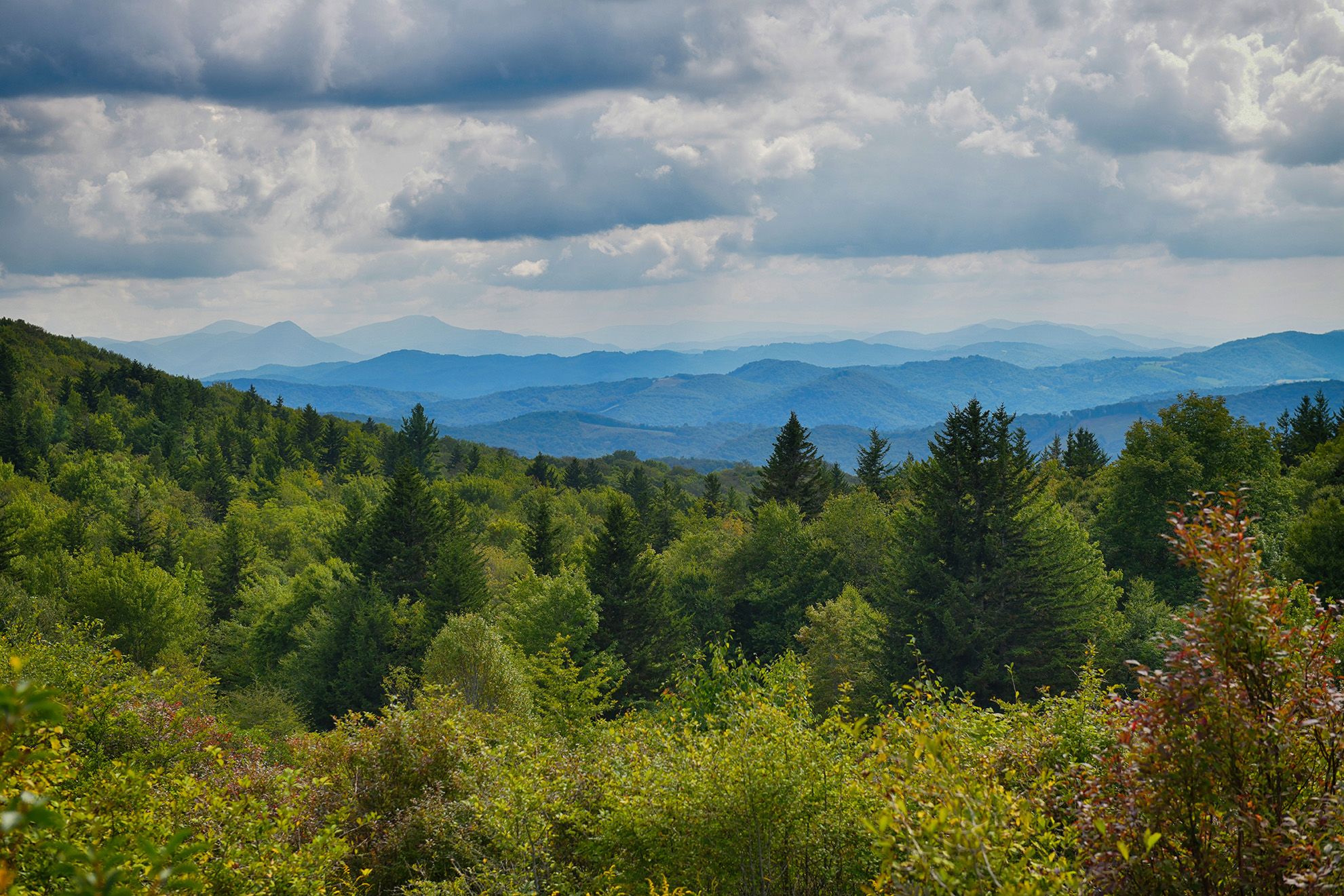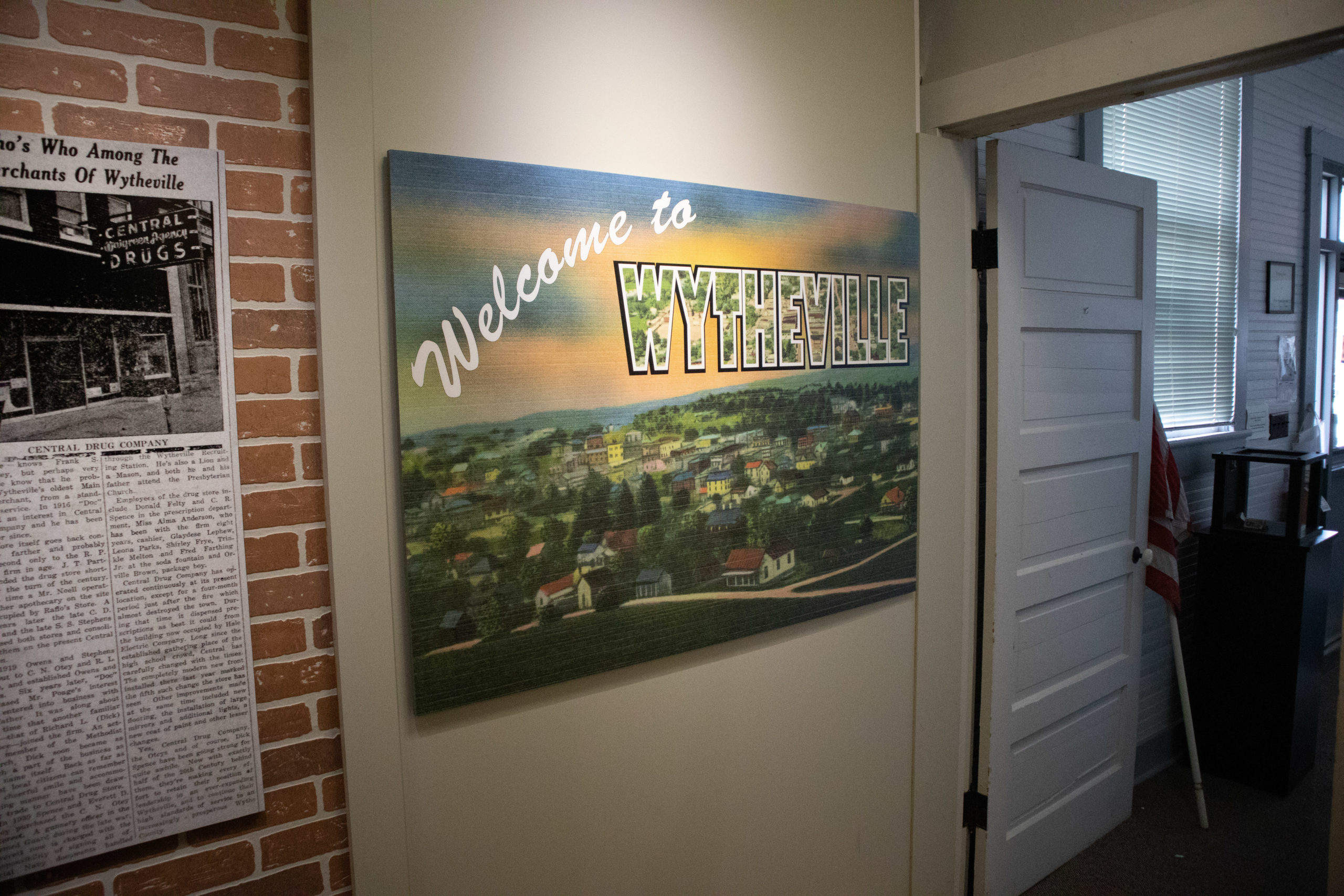
04 Sep How a Pandemic Shapes a Society in Southwest Virginia
A Summer without Children
The year is 1950 and all is seemingly well. You spend your weekend shopping downtown, enjoy a baseball game, and maybe catch a movie at the local theatre. Before you know it, things suddenly start to change. Something new is in the air and little is known how to stop it.
You live in a relatively small community where everyone knows you by your name. Suddenly, your friends and family become isolated, and the children? The children are nowhere to be found. Perhaps because they are the ones who are most susceptible to this new stranger in town.
This was how it began in Wytheville, Virginia during the 1950 Polio Outbreak. A time that would become known as “A Summer Without Children”.
Southwest Virginia accounted for one-third of the polio cases in Virginia. Per capita, Wythe County Virginia was one of the largest hit destinations in all the United States. To this day, little is still known as to why this community was hit so hard. Wytheville was and still is a bustling tourist location.
Downtown shopping, dining, and historic attraction have always been a pull for Wytheville. That doesn’t exactly explain why Wytheville became an epicenter, considering other popular tourist locations nearby seemed unscathed in comparison.
Thomas J. Boyd Museum
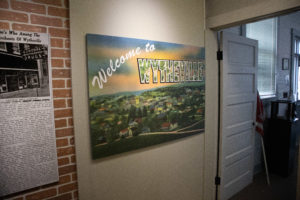
About a month ago, I had the pleasure of going on a private tour of the Thomas J. Boyd Museum in Wytheville, Virginia. I was delightfully greeted by Frances Emerson, Director of Historic Resources, Wytheville Department of Museums. Frances showcased the Boyd Museum’s exhibit on polio to me. I had very little knowledge of this event when I arrived, however, I left with not only a plethora of information but a world of curiosity.
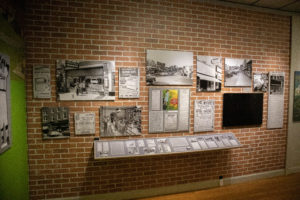
There is no question that the museum staff has done a tremendous job of putting this exhibit together. The extensive amount of research that has gone into it, becomes very clear once you take this self-guided tour. My hope is to convince you to visit the museum and see this exhibit for yourself, so I will keep my descriptions brief.
The tour for me began by watching a short video. The video gave me a great insight into the polio epidemic in Wytheville. There were interviews, live clips, and news pieces shown that had been filmed during the outbreak. Much of what I saw and heard was eerily similar to the Covid-19 pandemic we are facing today. One feature that stuck out to me the most was how the community was so involved in coming together. Everyone was committed to stopping this epidemic and saving their loved ones.
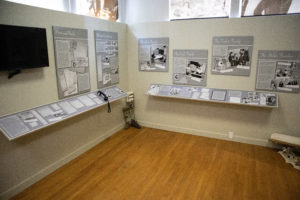
As the tour continues on, you will be able to read various stories from survivors, see machines and equipment used to treat polio patients and feel the tense emotions that were felt. Because of the Covid-19 pandemic, we are facing today, I can imagine what thoughts and emotions were like during the polio epidemic. Your imagination doesn’t have to run far however, as you are able to hear and see the stories of the polio epidemic come to life. I quickly obtained an emotional attachment to some of the stories. I was saddened because I could feel the pain, the regrets, and the despair of some of these individuals. It was heartbreaking, to say the least.
A Keepsake for further Research
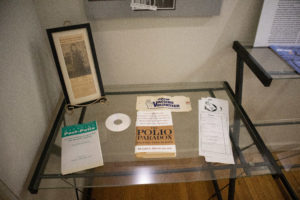
Again, I want you to visit the museum and witness this exhibition for yourself. This was a truly remarkable experience for me, especially as someone who has experience anxiety over the current pandemic. It helped open my eyes to hope. A hope that we too will come out of our current state of affairs stronger and safer than we were before. The battle against polio was not easy. It was, however, a battle that was won. I’m counting on the same for Covid-19.
If you do decide to visit the Thomas J. Boyd Museum, I highly recommend you pick up a copy of the book “A Summer Without Children: An Oral History of Wythe County, Virginia’s 1950 Polio Epidemic”. This book is for sale in the gift shop and has thorough insight and research into the Polio Epidemic.
The Polio Epidemic is not the only feature exhibit at the Thomas J. Boyd Museum. At the museum, you’ll be able to see all kinds of great historical pieces, learn about Southwest Virginia and Wythe County history, and so much more.
To find out more about the Thomas J. Boyd Museum and the Wytheville Museums, please visit their Facebook page.




